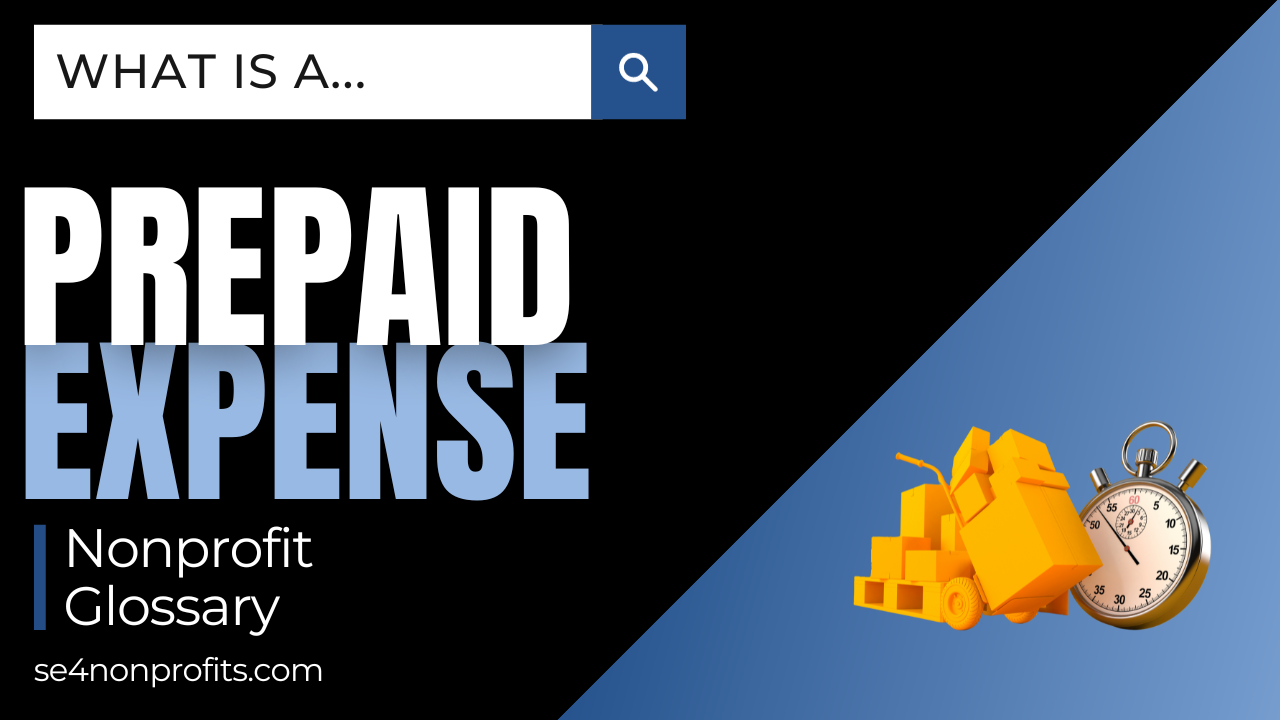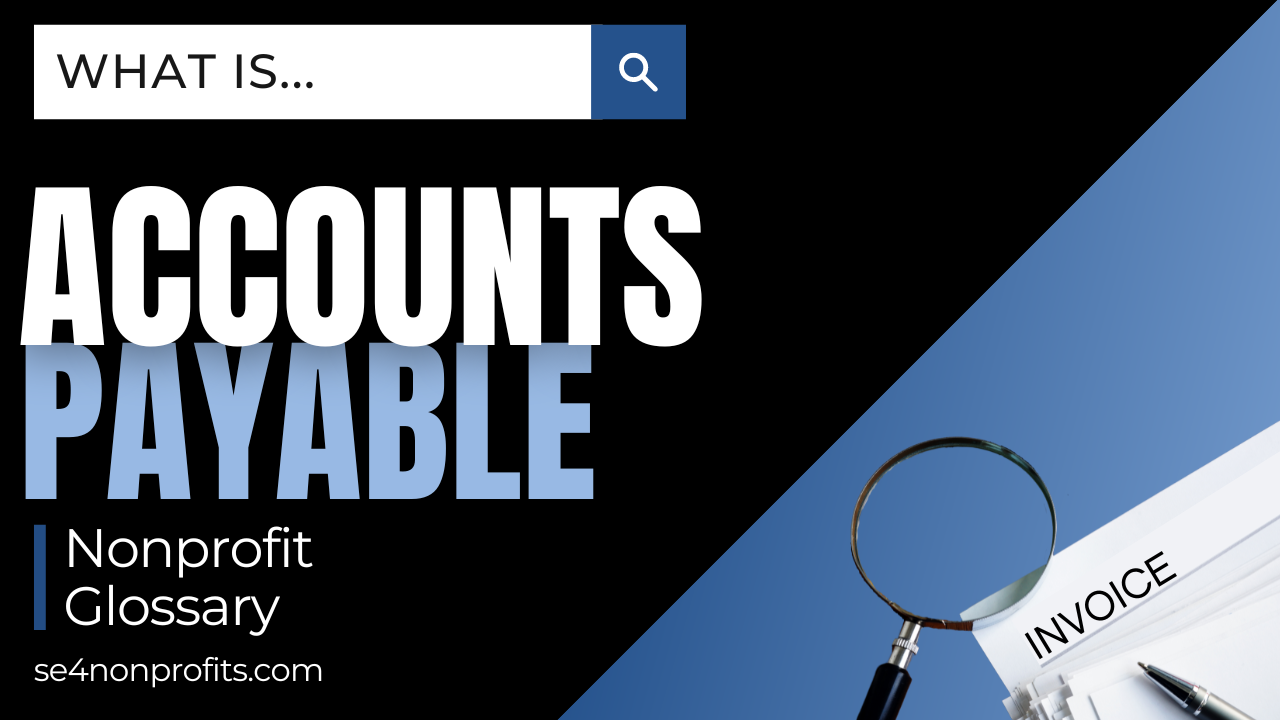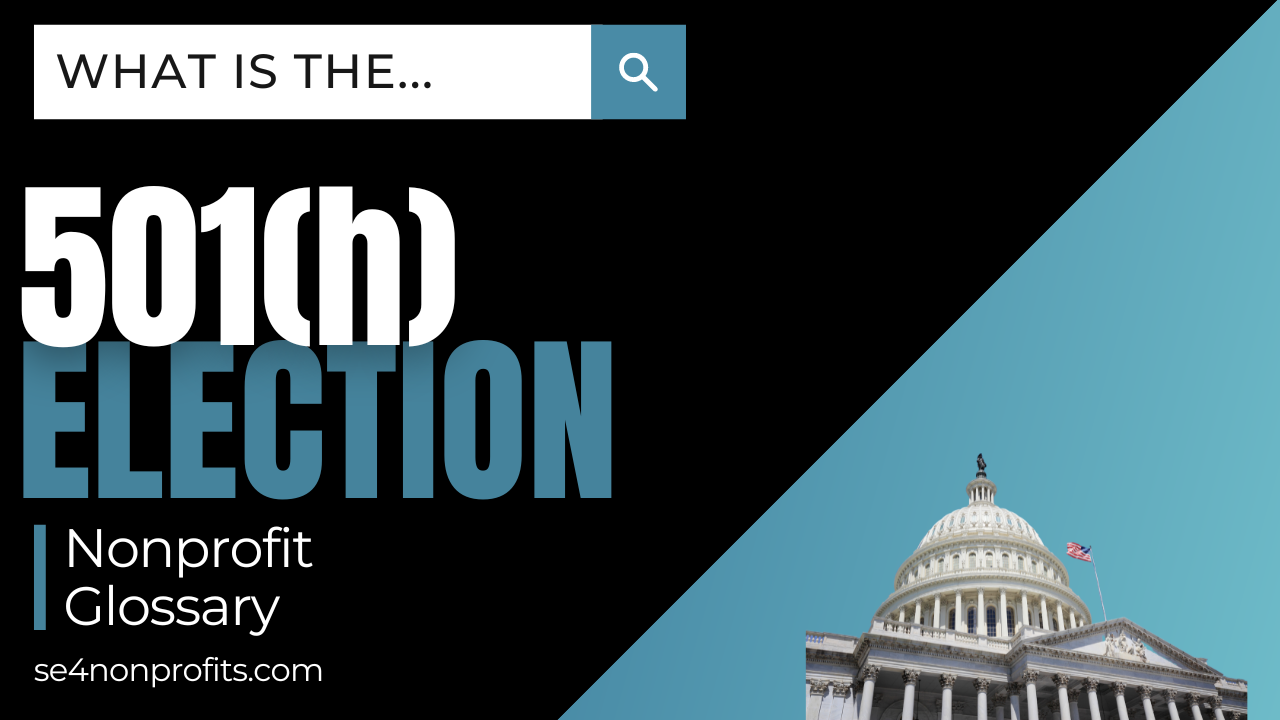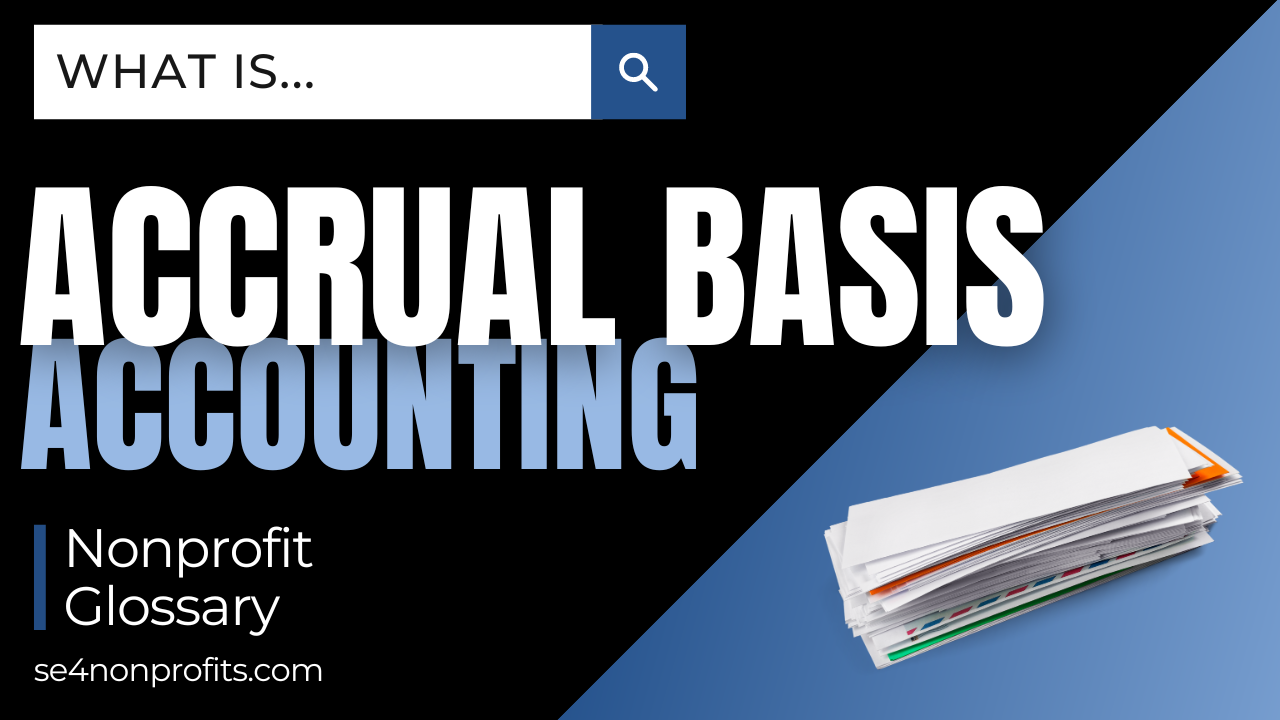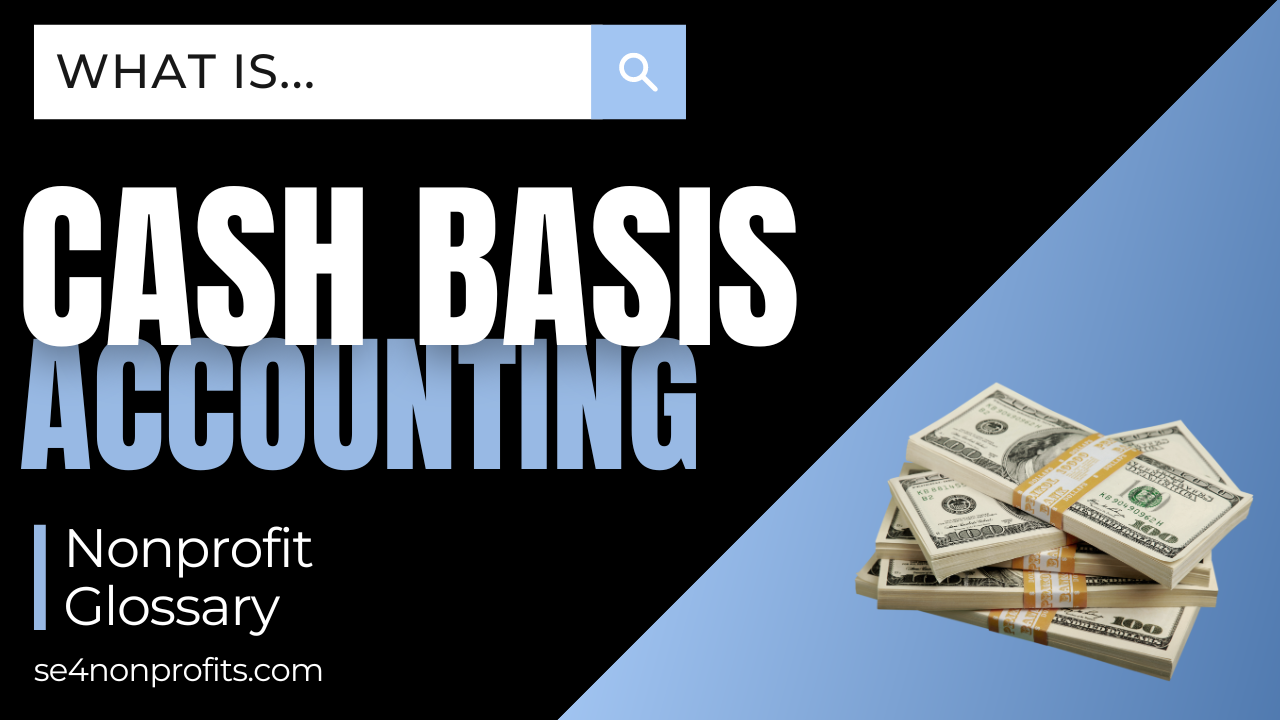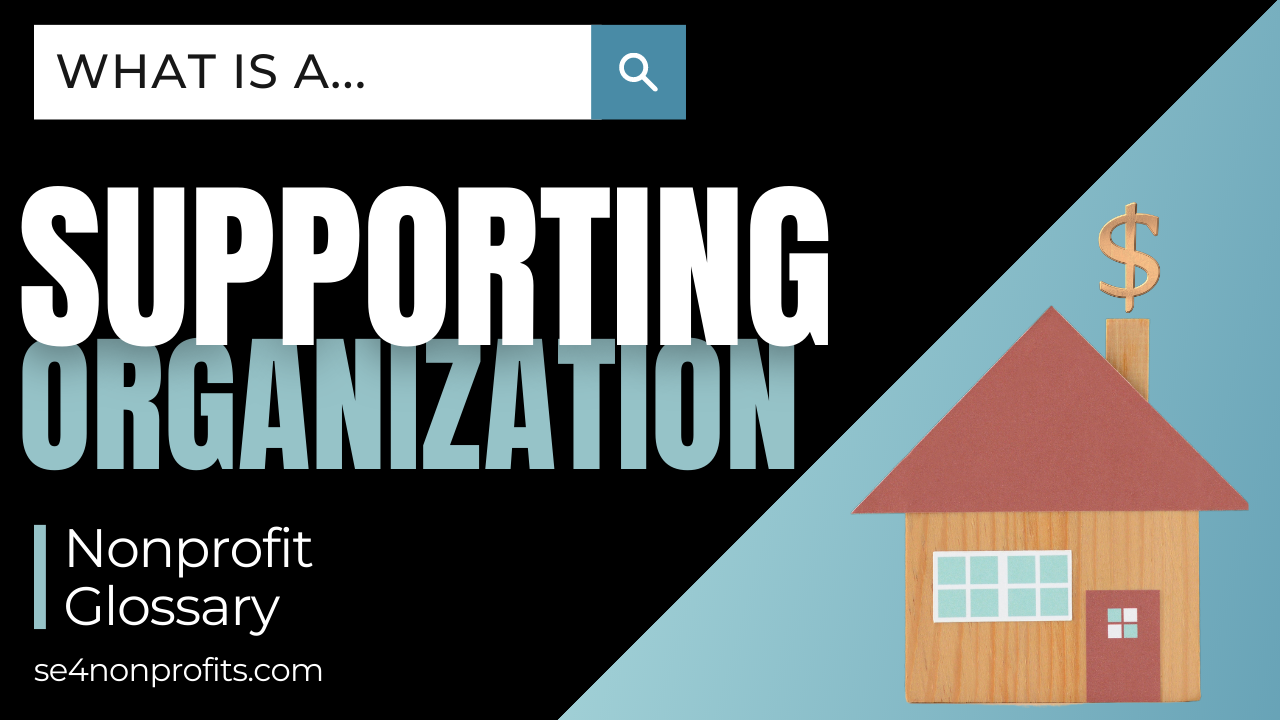
Nonprofit Glossary Video Series
This video series provides three to four-minute plain language explanations of key legal, financial, and accounting terminology common to nonprofit organizations, along with discussions of why these terms are important, implementation tips, and visual aides for illustration.
SE4N's A. Michael Gellman provides a short summary of the definition of deferred income, why deferred income is a liability on a nonprofit organization’s balance sheet (statement of financial position), how deferred income impacts an organization’s operations and cash flow, and more.
SE4N's Benjamin Takis provides a short summary of the term “unusual grant” and how this concept affects a 501(c)(3) nonprofit organization’s ability to pass the public support tests on Form 990 Schedule A, and avoid being tipped into private foundation status.
SE4N's A. Michael Gellman provides a short summary of the definition of a prepaid expense, how prepaid expenses show up on the balance sheet, and how prepaid expenses impact the operations of #nonprofit organizations.
SE4N's Benjamin Takis provides a short summary of the term "quid pro quo contribution," how it affects a donor's use of the charitable deduction, and what obligations to apply to nonprofit organizations that receive donations that are partly in exchange for goods or services.
SE4N's A. Michael Gellman provides a short summary of the definition of accounts payable, the distinction between accounts payable and accrued expenses, and key considerations nonprofit organizations should keep in mind when dealing with accounts payable.
SE4N's Benjamin Takis provides a short summary of the 501(h) election, how it affects the lobbying limits applied to 501(c)(3) nonprofit organizations, how the 501(h) "expenditure test" is different from the "no substantial part" test, and how a public charity makes the 501(h) election.
SE4N's A. Michael Gellman provides a short summary of the definition of accrual basis accounting, its pros and cons, when accrual basis may not be worth the complication and cost, and what nonprofit organizations can do to ease the transition to accrual basis accounting.
SE4N's Benjamin Takis provides a short summary of what a “registered agent” is, why state law requires nonprofit organizations to name a registered agent if the organization is incorporated in the state or doing business in the state, and who can serve as a registered agent.
SE4N's A. Michael Gellman provides a short summary of the definition of cash basis accounting, its pros and cons, what types of nonprofit organization's typically use cash basis accounting, and when it may be time to think about switching to accrual basis.
SE4N's Benjamin Takis provides a short summary of what 501(c)(3) “supporting organization” status means, how it relates to a nonprofit organization's public charity status under Form 990, Schedule A, and some of the key requirements applicable to supporting organizations.


